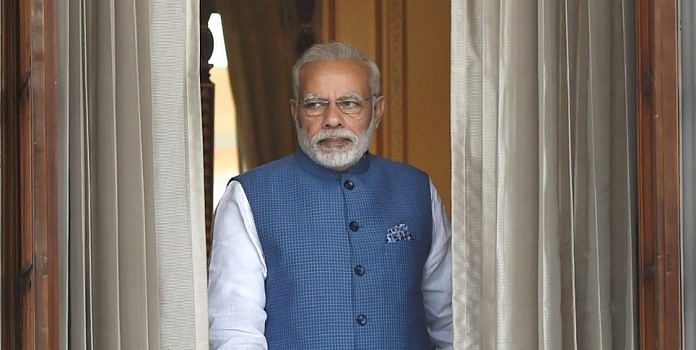Exactly a year ago, Prime Minister Narendra Modi announced an ambitious but enormously disruptive decision to invalidate Rs 1000 and Rs 500 notes, ostensibly to combat corruption, counterfeiting and terror funding. Demonetisation triggered public panic, slowed manufacturing, sent workers home and affected economic growth.
The RBI said in August that 99 per cent of the cash was returned. But the move forced citizens to adopt digitisation at an unprecedented pace, in a country where 80 per cent of transactions were conducted in cash. And it helped the BJP win the election in UP.
What has India gained and lost from demonetisation and what are the lessons learnt?
We have to understand the decision in the right perspective. The reason why the Honourable Prime Minister took this call was deep-rooted corruption, the complete anonymity about black money wherein nobody knew who is hoarding cash.
It was evident from the fact that out of 130 crore people, only 1.48 lakh people were holding one-third of the currency deposited in the banks after demonitisation. The PM showed a decisive approach to curb the black money and rescued the nation from the clutches of black marketers and the corrupt who were prioritising personal gains over national interest. They were ensuring that this black money market and parallel economy continues to exist and they keep flourishing.
It was a tough call as the PM knew common citizens, who have nothing to do with black money, would have to face hardships. We salute the contributions made by the common citizens of India who stood solidly behind the PM, and fully backed the decision.
Here are other sharp perspectives on demonetisation:
Radhika Pandey, consultant, NIPFP
Milan Vaishnav, senior fellow, Carnegie Endowment for International Peace
T.S.R. Subramanian, former cabinet secretary
Ritika Mankar Mukherjee, senior economist, Ambit Capital
Manish Tewari, national spokesperson, Congress
Arun Kumar, retired professor, JNU
Pranab Dhal Samanta: editor, ThePrint
The disadvantages are none, except the short-term hardships and the marginal slowdown of GDP. On the flipside, the advantages of demonetization were evident from the fact that there were 23 lakh accounts where black money had been deposited and the authorities are investigating as these were dormant accounts or were maintaining minimum balance.
In one stroke of pen, the PM achieved many objectives: curbing black money, push for digitization, and making the informal economy part of the formal economy, which is evident from the fact that 2-3 crore people who are working in the unorganized sector have now been enrolled with EPFO and ESIC. This means that they will become regular employees with retirement benefits. The savings in the form of tax and penalties received will be utilized in launching schemes for the benefit of the poor.
So, the direct beneficiaries of demonetization are the poor and therefore, it was a warranted decision in the interest of nation and honest citizen of mother India.



